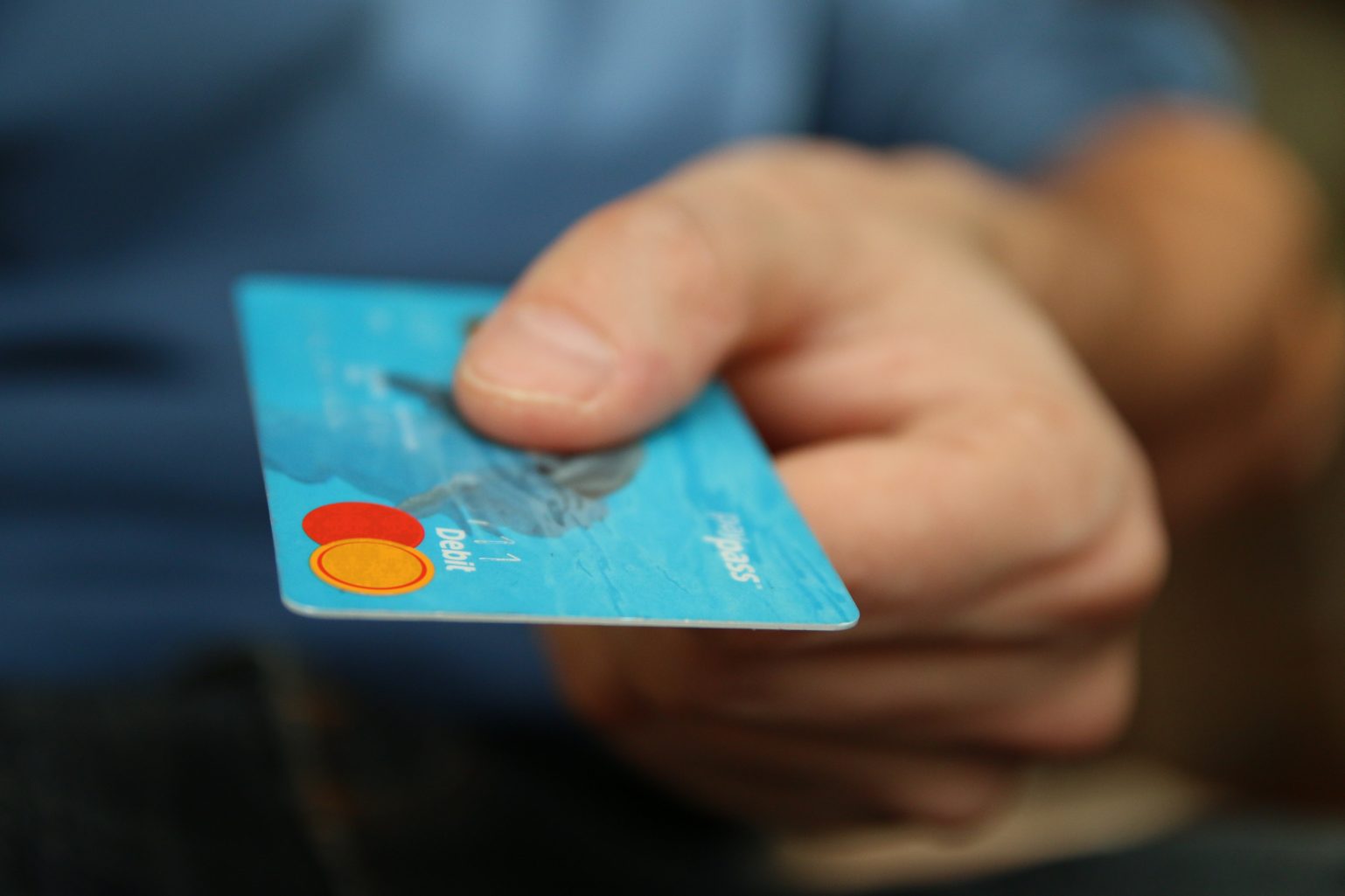How Does Bail Work?
Bail is a payment given to the court so a person doesn’t have to spend time in jail. More precisely, bail is a legal exchange with the arrestors or the court, extending people’s time before a legal proceeding.
There are two ways a person receives bail.
- The police post bail upon arrest.
- The court decides the bail amount.
If the court or the police responsible for the arrest have an undeniable proof for a heinous crime, each form of responder can refuse bail.
For context, bail amounts change depending on the severity of a person crime. For instance, a DUI costs less than drug possession. Here’s another layer: each state has different bail standards.
When a judge begins weighing up bail, he’ll also consider the civil and criminal history of the defendant.
Posting Bail
What does it mean to post bail? Put simply, posting bail means you pay your pail instead of going/staying in jail.
This happens the moment you’re sent into booking. An officer will either hand you a ticket explaining your bail, or you’ll have to wait. In some cases, your bail won’t be “posted” right away.
As mentioned above, if your crime is considered too serious by the judge, you might not have the option to post bail.
In these moments, before or after posting bail, you might want to contact your attorney.
Paying For Bail
You can pay in cash, by check, or other forms of currency to the court itself. This resolves you from your jail sentence but doesn’t save you from court proceedings.
If the cost of bail is too much, you might qualify for a bail bond.
Bail bonds are essentially credit loans to relieve the cost of bail. When you think about how bail works, you must realize that the actual money is credit owed to the court system for civil damages.
When a bail bondsman assists a defendant, they pay a portion of their bail up front (an amount that depends upon the bondsman) and make a defendant sign a written agreement.
This contract demands that defendants show up to their trial. If they don’t, they have to pay the bail in full. In some cases, an absent defendant has to pay the bail plus interest fees.
If finding a bail bondsman sounds risky, one has the option to depend on their insurance agency to perform the same function.
These fees fluctuate between agencies the same way bondsman costs vary district to district.
Additional Options
To avoid bail entirely, an outside force could make the case against the bond amount. For example, if the crime committed has not been fairly met with a bail amount, there’s cause for intervention.
In other scenarios, someone might convince the judge to release a defendant if there is reasonable cause. You can find some of these loopholes through having a conversation with an attorney you trust.
Issues and Concerns
An estimated 400,000 people in the US stay in jail because they can’t afford bail. Therefore, an issue surrounding the bail system is cost and effect on prisoners.
In some cases, people may be assumed culpable for crimes they didn’t commit because they weren’t able to pay bail.
Recent changes in bail laws in different states, which remove payment options, or add others on, might compel you to find an apt attorney to solve your bail problems.
Here are the current bail laws that you need to know:
- Conditional release
- Bail based on certain crimes
Let’s explore each of these items, giving you a headstart before you meet with your attorney.
Bail Based On Certain Crimes
If you or someone you love has committed a crime, you need to figure out how much your state charges them for release.
Furthermore, every judge determines bonds on a scaling system. This slider determines the amount the accused must owe.
If you’re unsure how much different crime is worth for bail, ask an attorney, or a law-office near you.
Conditional Release
Sometimes a judge or magistrate will release the accused instead of charging bail. Instances include:
- When another puts the bail on an accused person that outweighs their risk to the community.
- When the accused shows no remaining signs of a threat to a community.
- When bail doesn’t sufficiently meet the charges set on the accused.
- When a third-party can intervene, proving that release aids the upcoming proceedings.
There Is Someone On Your Side
You’ve asked how does bail work, and now you got your answer. With a basic knowledge of bail systems, their payment options, and legal proceedings, you’re off to a great start.
Still, you can make yourself even more secure.
At the end of the day, if you’re worried about how to pay your bail, you need a good attorney to show you the rest of the way.
Don’t be afraid to get your loved one out of a cell. What do you say? This is your chance to educate your friend and family. Make sure you are prepared before anything slips.
Go for it! Take the next step and contact us today for the consultation you need.


